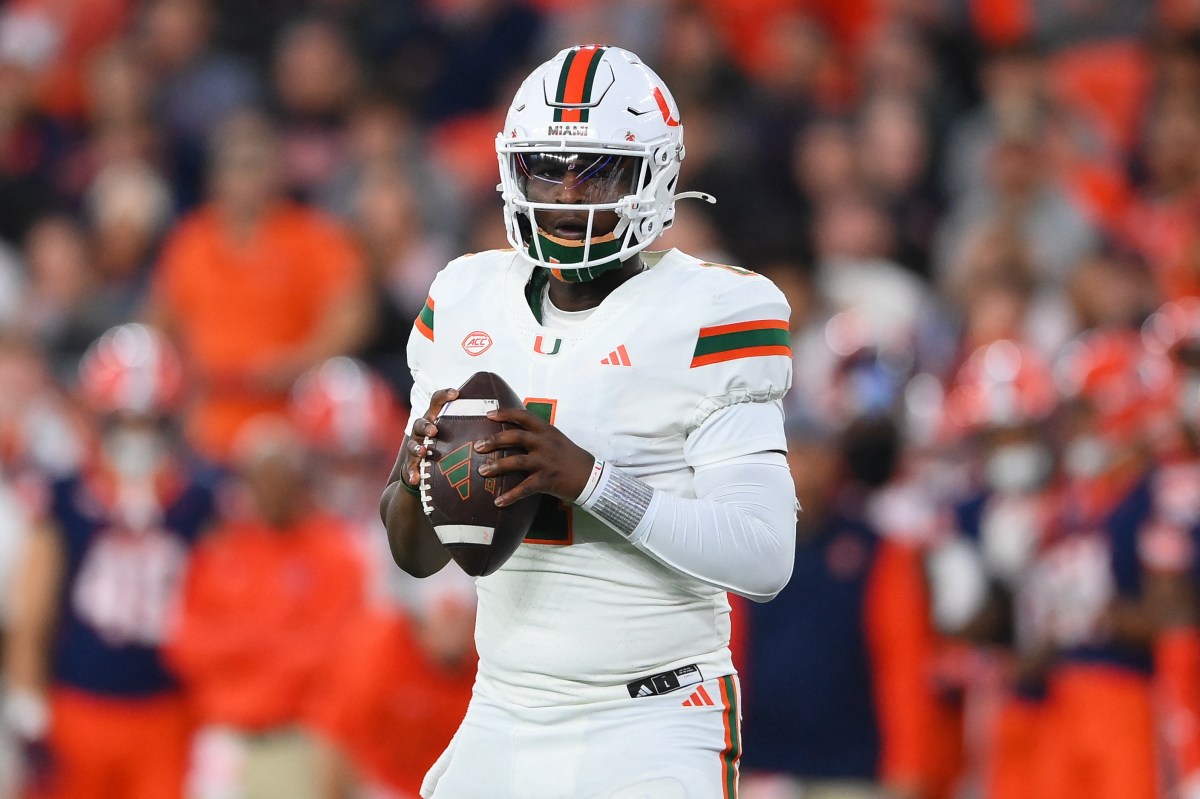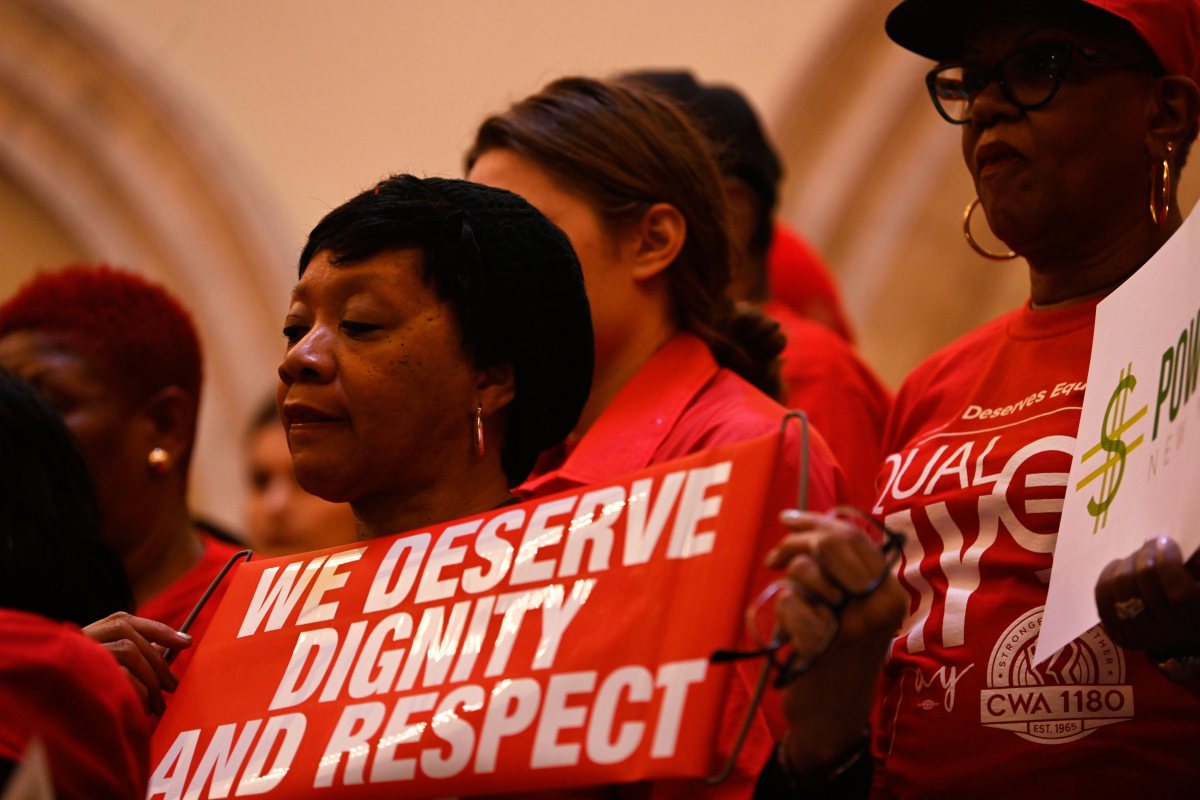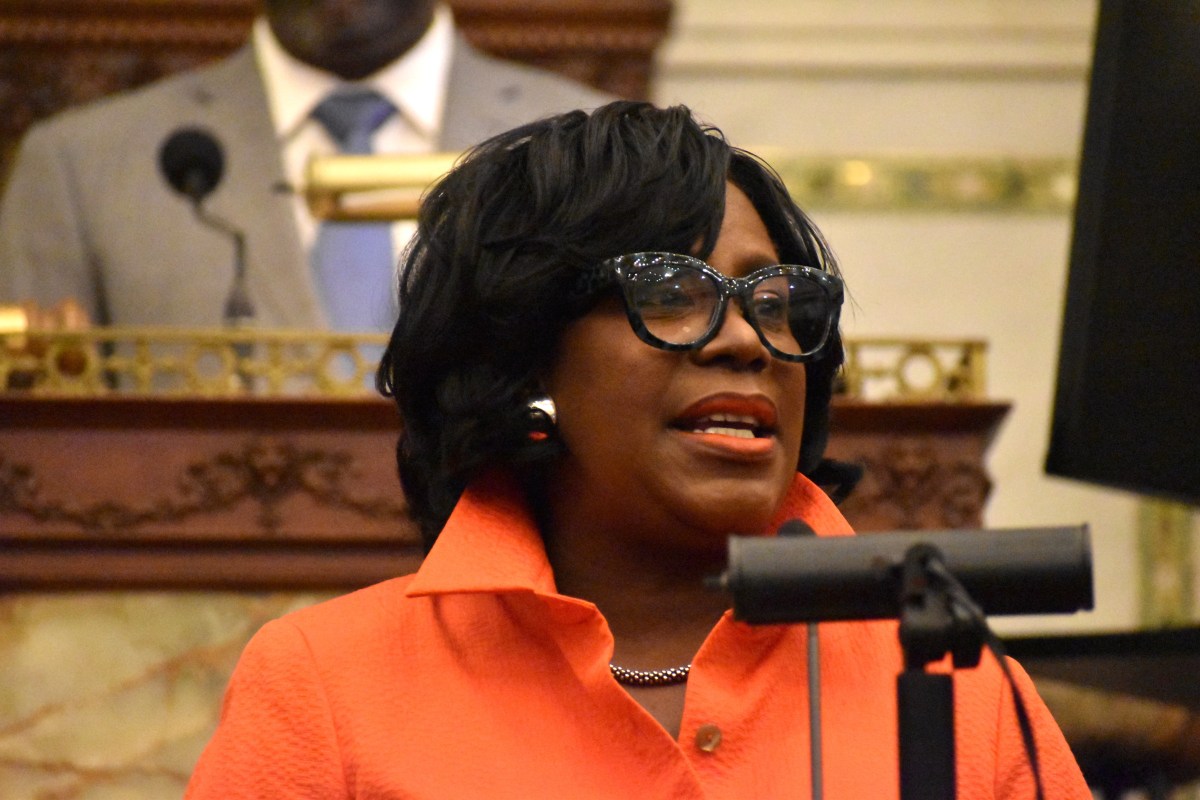Prepaid cards are about to get easier to understand and more secure.
The Consumer Financial Protection Bureau on Wednesday released long-awaited, final rules on prepaid accounts to give consumers federal protections that already are available on checking accounts and credit cards.
“Prepaid accounts are among the fastest-growing consumer financial products in the United States,” CFPB Director Richard Cordray said in a call with reporters Tuesday in advance of the roll-out. “Before today, however, many of these products lacked strong consumer protections under federal law.”
From 2003 to 2012, the amount of money loaded onto prepaid debit cards — typically used to make purchases and withdraw cash from ATMs — skyrocketed from $1 billion to nearly $65 billion, according to estimates by Mercator Advisory Group, a payments research firm.
>> MORE: Best Prepaid Debit Cards
The rules —which take effect Oct.1, 2017 —will affectnot only prepaid debit cards, but also other prepaid productssuch as digital wallets and some peer-to-peer transfer appsthat hold balances, such as Venmo, PayPal and Square Cash.
“Wednesday’s announcement is a major step forward for this payment product and for the millions of Americans that rely on it,” saidSean McQuay, credit and banking expert at NerdWallet. “While prepaid debit cards have grown in popularity, they’ve been hard for us to recommend, due to their lack of mandatory consumer protections in the past.”
Otherprepaid accounts such as payroll cards, student financial aid disbursement cards, tax refund cards, and government benefit cards used to distribute unemployment insurance and child support also will be covered by the new rules, according to the CFPB.
However, gift cards, disaster-relief and health- and transit-related cards won’t be affected.
What you can expect
The rules will give prepaid accounts new federal protections—including requiring upfront, easy-to-understand disclosures on fees and other information— in line with those availableon checking accounts and credit cards.
You’ll have the right to dispute errors and fraudulent charges on prepaid accounts, beprotected against unauthorized transactionsif the cards arelost or stolen, and be able to view account information online or byphone for free, like you canwith checking accounts.
Prepaid cards and accounts that offera credit component, such as a cash advance or overdraft option, will faceadditional requirements similar tothose on credit cards.
The issuing companies must ask you whether you want to opt into any service that lets you borrow money. If you choose to opt in, under the new rules, you’ll be notified viamonthly statements of any fees you get charged. You’ll have at least 21 days to repay any overdrafts and other debts before a prepaid company can charge a late fee — and that late fee must be reasonable. This treatmentaround repayment is a bit strongerthan overdraft policies onchecking accounts.
Transparency and safety
“It’s a big win for consumers in all areas, especially [since] consumers will be protected against harmful overdraft fees,” saidThaddeus King, an officer forthe consumer banking project at the Pew Charitable Trusts. “That’s the reason that most consumers gravitate toward these cards.”
The nonprofit research group in Washington, D.C.,has advocated for better consumer protections on prepaid debit cards for many years.
“We see the rules as very forward-thinking and very relevant in an evolving marketplace,” saidJoy Hackenbracht, research officer on the project at Pew.
The Network Branded Prepaid Card Association, which represents the prepaid card industry, has a different view.
“Instead of fostering financial innovation and inclusion, the CFPB’s rule will ultimately limit access to an essential mainstream consumer product that helps millions of Americans,” Brad Fauss, president of NBPCA, said Tuesday.
Fauss addedthat the new regulations onoverdrafts for prepaid accounts may lead companies to drop that feature.
King, however, noted that most prepaid cards don’t offer overdraft services, so that part of the rule won’t affect issuers.
Overall, the rules aim to bring more transparency to a prepaid marketplace that’s been criticized for taking advantage of the unbanked and other financially vulnerable consumers.
“For the longest time, prepaid cards have been an option for those who can’t open checking accounts, but now they’ll be a safe option, too,”NerdWallet’s Sean McQuay said.
Spencer Tierney is a staff writer at NerdWallet, a personal finance website. Email: spencer@nerdwallet.com. Twitter:@SpencerNerd.
The article What the New Prepaid Card Rules Mean For You originally appeared on NerdWallet.





















